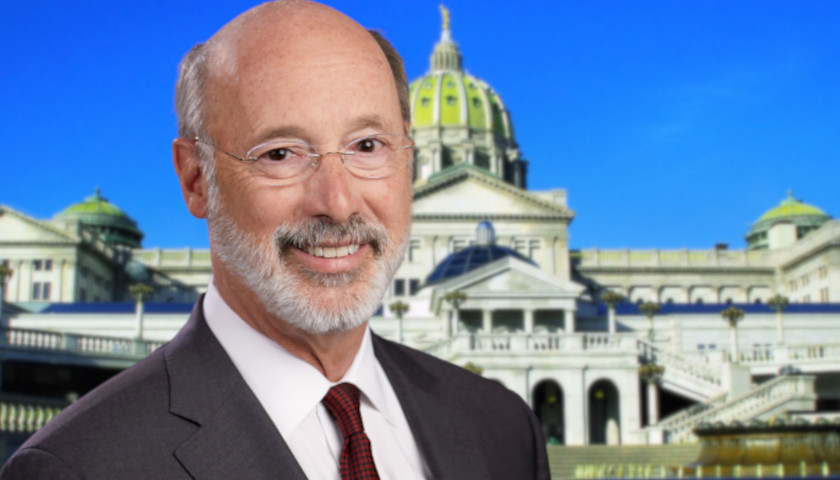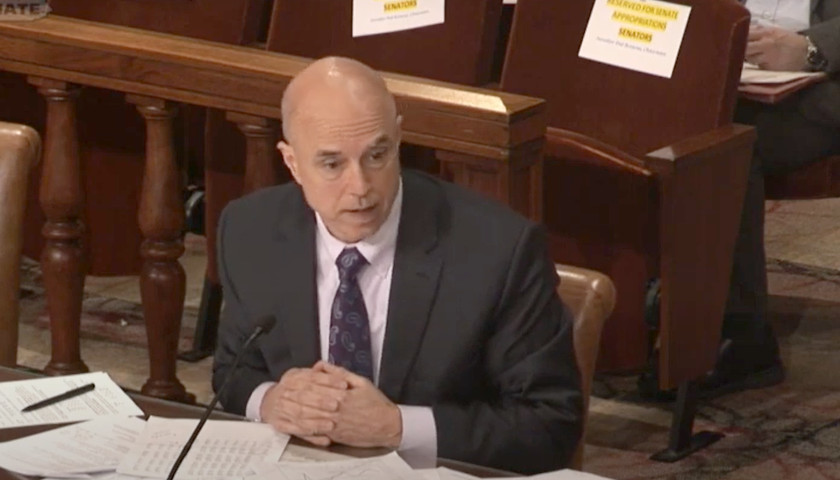During the 2022 legislative session Florida Republicans took actions to distance themselves from some of Florida’s biggest corporations – Governor DeSantis called out Disney, and the Florida Legislature let a corporate income tax break expire.
The publisher of floridapolitics.com, Peter Schorsch, tweeted that corporations “got (royally) screwed during Session.” This assessment goes against the traditional narrative that corporate political donations pad Republican campaign accounts and tax breaks and lax regulation follow.
The most public rebuke of corporate interests was on display during the controversy between Governor DeSantis and Disney CEO Bob Chapek as related to the Parental Rights in Education legislation. The controversy made headlines across the U.S. and put the two powerful executives in a very public battle.
A day after Chapek publicly condemned the bill that would ban classroom instruction about sexual orientation and gender identity before fourth grade, DeSantis ripped Disney before a roomful of supporters. He called Disney a “Woke corporation” and criticized its business interests in China.”
But Chapek should not have been surprised by the DeSantis response.
Read the full story






